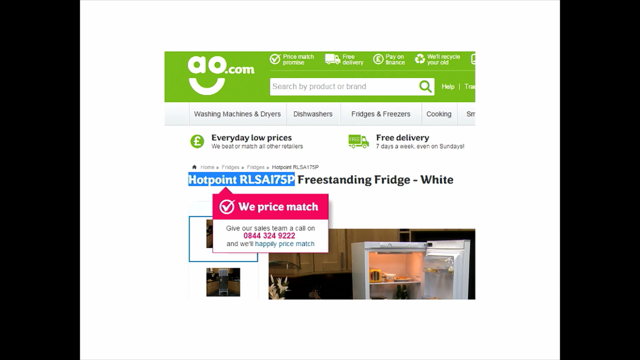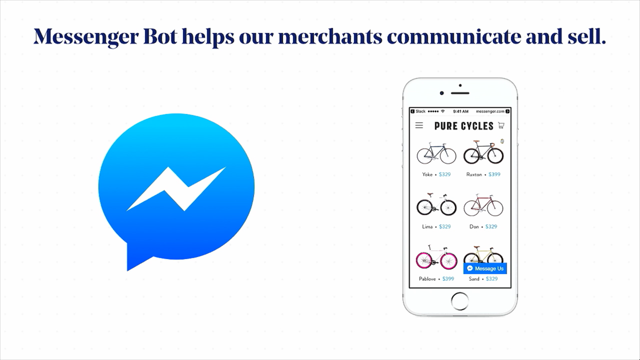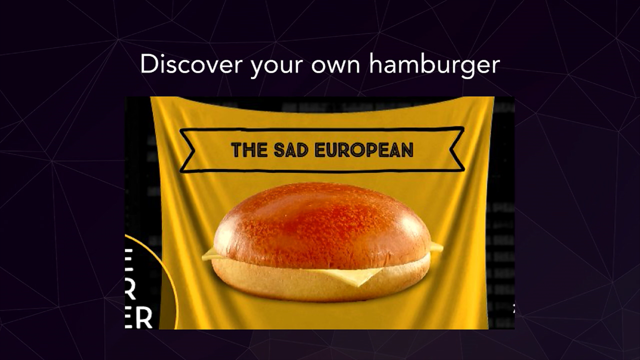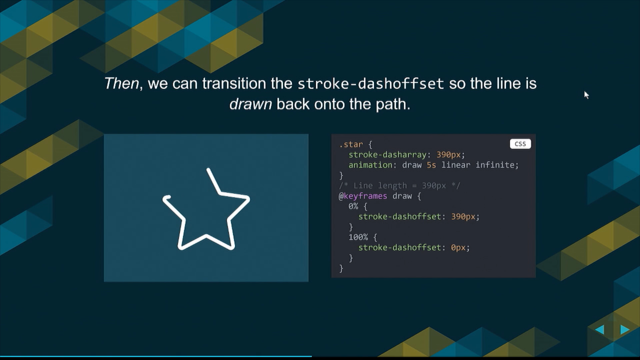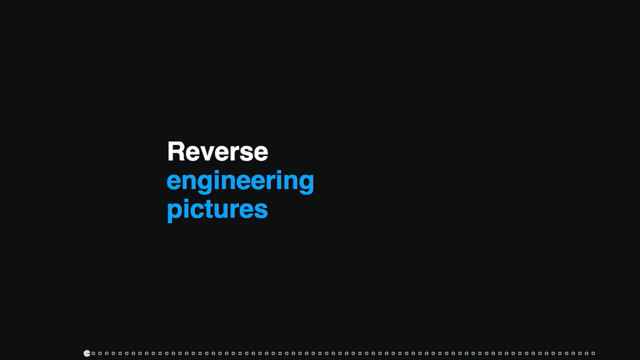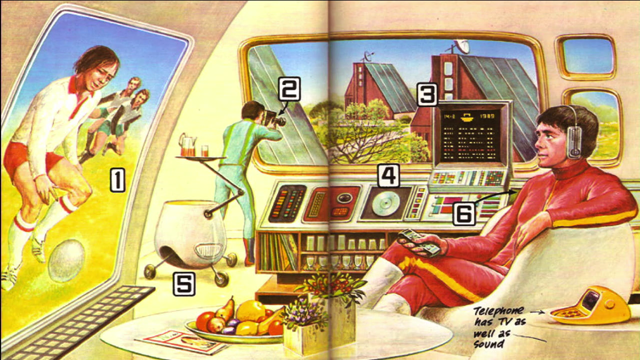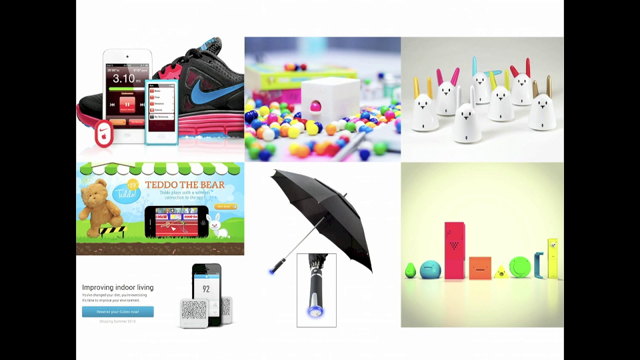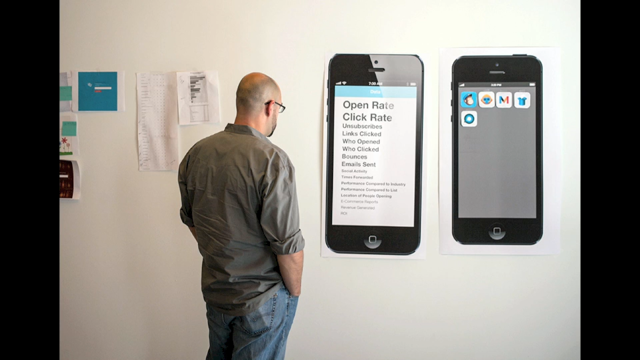Web Applets: AI Native Apps

The Future of Apps: Intelligent Interfaces
Rupert Manfredi introduces the concept of a major shift in how we interact with software, moving away from traditional apps to intelligent interfaces that coordinate software on our behalf. He argues that current apps are limited by their lack of context awareness and inability to communicate with each other. Rupert envisions a future where natural language interfaces reduce busy work and enhance creativity, allowing users to become proficient with new software quickly. This segment sets the stage for discussing new technologies that could drive this transformation.
Introducing Web Applets: AI Native Apps
Rupert introduces Web Applets, a new protocol for creating AI native apps, emphasizing the importance of an open and collaborative future for computing. He explains that Web Applets allow AI systems to interact with apps directly, bypassing the need for traditional graphical user interfaces. This approach aims to prevent a future dominated by walled gardens controlled by powerful tech companies. Rupert highlights the support from Mozilla Builders and Betaworks, positioning Web Applets as a community-driven initiative.
Demonstration of Web Applets in Action
Rupert demonstrates the functionality of Web Applets through a development environment, showcasing a to-do app that responds to natural language commands. He illustrates how AI can use applets to perform tasks like creating a grocery list and checking off items. This demonstration highlights the potential for AI to interact with apps in a more efficient and human-like manner, showcasing the practical applications of Web Applets in everyday tasks.
Call to Action: Community Involvement and Future Developments
Rupert invites the audience to participate in the development of Web Applets by contributing to the open-source project or creating their own clients. He emphasizes the community aspect of the project and provides information on how to get involved through GitHub, mailing lists, and upcoming talks. Rupert encourages collaboration to ensure the future of computing remains open and accessible, aligning with the overarching theme of the conference on shaping the future of software.
Thanks.
Hi everyone I'm Rupert.
I'm just gonna give a really quick tasty morse before we go out for a break.
So the theme of this conference is what's next?
And I believe that what's next for software is a major reshaping of what we think of as apps.
So right now we live in apps in our digital world.
But apps are dumb in the sense that to do anything with them you have to perform all of these tasks manually.
Click and scroll around.
All the micro steps that we're very familiar with in our digital world.
But they're also very ignorant of their context.
So they don't understand really anything about who you are, as we've clearly seen through a few of these talks or your intent.
So what you're trying to do when you sit down at the app.
But they're also in their own little world, so like their own little silos of data.
They don't talk to each other naturally unless they're explicitly programmed to.
And so what that means is you can have, you can be working on something across multiple apps, and each app like even though they're all open on the same screen, has no idea what's going on, even if they're right next to each other.
So I believe that in the near future we won't be interacting with apps in the way that we do now.
And instead, apps will be within an intelligent interface that will coordinate software on our behalf and with us.
So that means of course we'll be able to get rid of a lot of busy work that defines our digital lives now.
You can do a task that would've taken like multiple apps and hundreds of clicks with some natural language, but also it will unlock a lot of human potential and creativity because we can become experts quickly at new software.
So why do I believe that this future's coming?
And also why should you believe me?
So I've got a bit of background knowledge.
I worked with early, large neural networks at Google and built interfaces for them.
I explored the future of browsers with Mozilla, and I've spent the last year and a bit working at AI Labs in San Francisco.
And recently, as John said, I launched a new company called Unternet, and we're building this future.
We're backed by Betaworks and Mozilla.
And by the way, we're also hiring, if you're excited by this idea or know people that do, I'd love to talk.
But today I want to talk to you briefly about one fundamental building block we're building part of this future, which is a new protocol for creating AI native apps called Web apples.
And because basically this exciting future of computing will either be open and collaborative like the web, or it will turn into this dystopia of walled gardens, dictated by the interests of the most powerful AI and tech companies.
We know who they are and you might have an idea of whether you trust them or not with that future.
So this is web applets.
It is an open protocol on SDK for creating AI native apps on the web.
So it's sponsored by Mozilla Builders linked to our GitHub.
It's on our website, which I'll chuck up again soon.
So what is an AI native app?
It is an app that can be used and understood by an AI system.
Right now we build apps for humans, with a graphical user interface.
So if you want an AI to use your app, it basically has to click and scroll around and use date pickers and all this sort of web stuff.
And while this is technically impressive, this is Claude's computer use model.
It's also very error prone, it's slow, and personally it leads to a very absurd future where we have like robots using apps that are built for humans, but the humans never see them.
I just don't quite think that's gonna be the future of computing.
So instead, web applets allows you to, define a neat set of actions for your app.
They're designed for a computer to understand and interact with directly.
So AI can send these actions to your app to do things so it can trigger them.
And your app can respond by sharing back what's going on inside it in the form of computer readable data.
So to create a web app, you just declare what actions are available.
You can even add these actions to an existing website and make your website computer usable.
And I'll show you just really quickly what this looks like.
This is a development environment for applets that comes in the repo open source repo.
You can see we've got a little to-do app in here, and we've got some actions that the computer can trigger.
And here I'm gonna like just talk in natural language to this app.
And you can see it writes me a little grocery list.
It's sending a message to the applet and I can get it to check off stuff from the dairy section.
And all of this is just the AI using the app on my behalf because it actually is given the tools to do I'll briefly just show a bit of this just for time.
I won't go too far into it, but this is a prototype I'm building for basically like the flagship client for using these things.
You can see I can type in queries and we get like an actual map.
The model can read into the data of the map so you can see what all these points are and what the descriptions of all the restaurants are and like do stuff with them.
And I can even seamlessly go from a map into a doc, which would be two totally incompatible apps usually.
It is streaming in the background, so the streaming is not fixed yet.
So yeah, in the spirit of the web, web apples is an open protocol.
So these capabilities are open to anybody, anybody can develop a web applet.
Anyone can develop a client, that runs them.
And it's a community project we're accepting contributions.
So if you're interested in computing, contributing or creating your own client that supports this please get in touch.
We've got GitHub, on the website.
There is a mailing list both for the open source project and also for future product announcements.
So love you to get involved.
I'm also gonna be doing a talk on the Discord next week, which is a bit of an introduction.
Yeah, please come and join us and yeah, I'll also be in Sydney until January and my email's on the website would love to chat.
Thank you.
Rupert Manferdi presents a vision for transforming software interaction through Web Applets, a new protocol designed to create AI-native applications. He argues that current apps are fundamentally limited by their lack of context awareness and inability to communicate effectively with each other, creating friction in user workflows. Web Applets represent a paradigm shift away from traditional graphical interfaces toward intelligent systems that can coordinate software on behalf of users through natural language commands, potentially reducing busy work and enhancing creative productivity.
